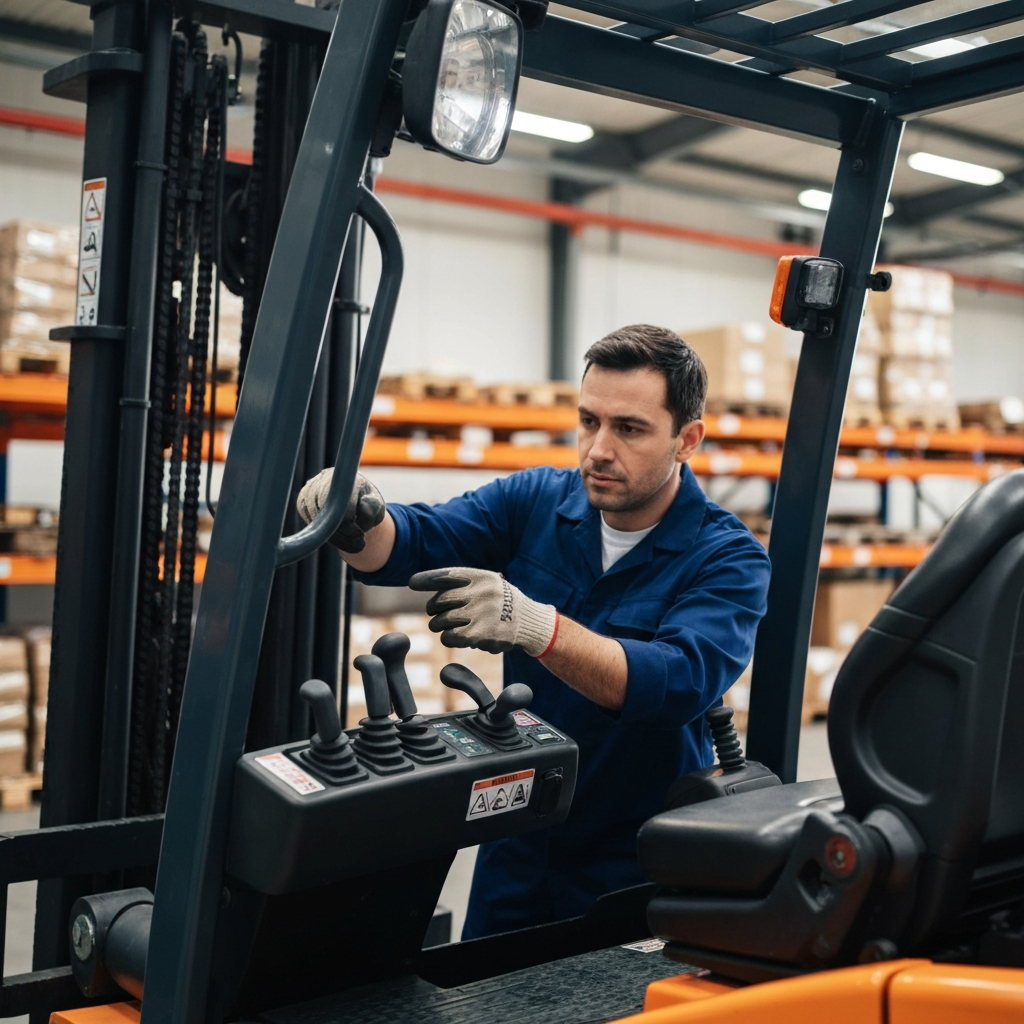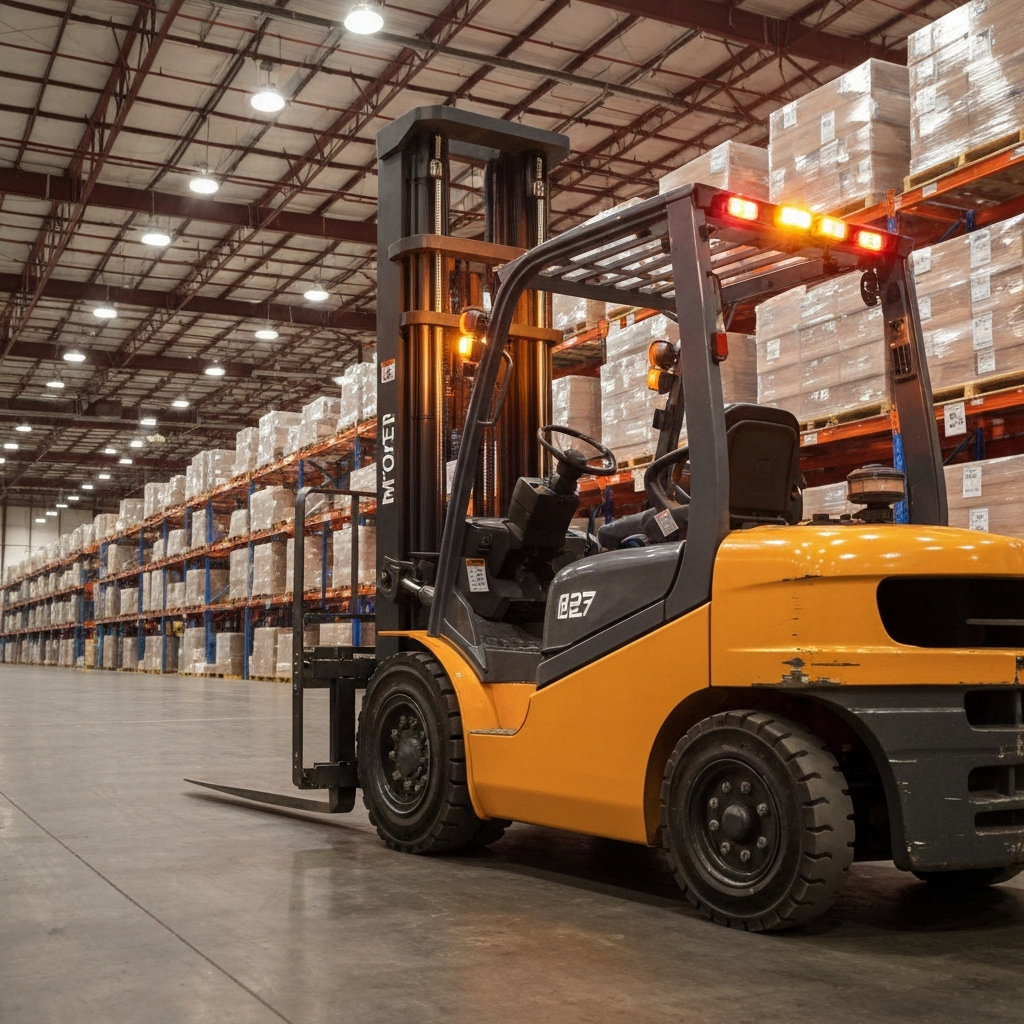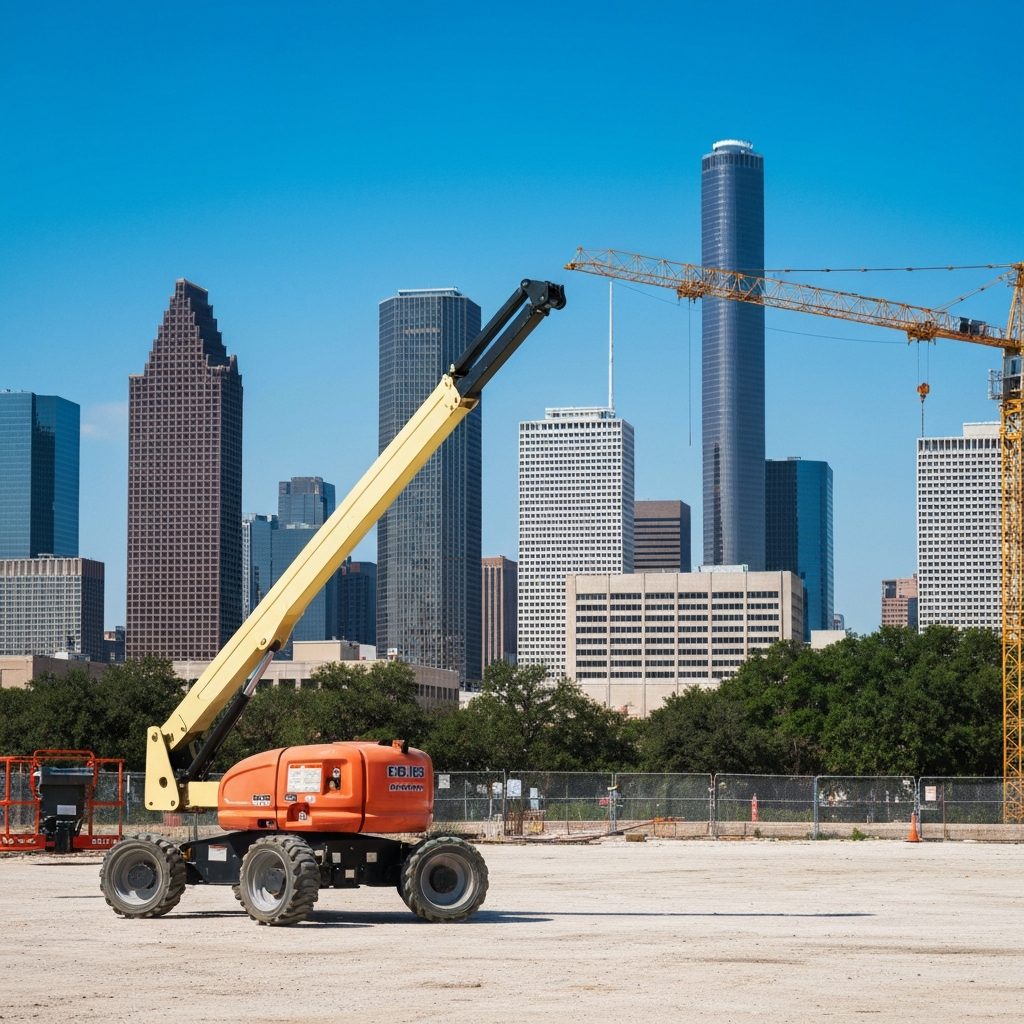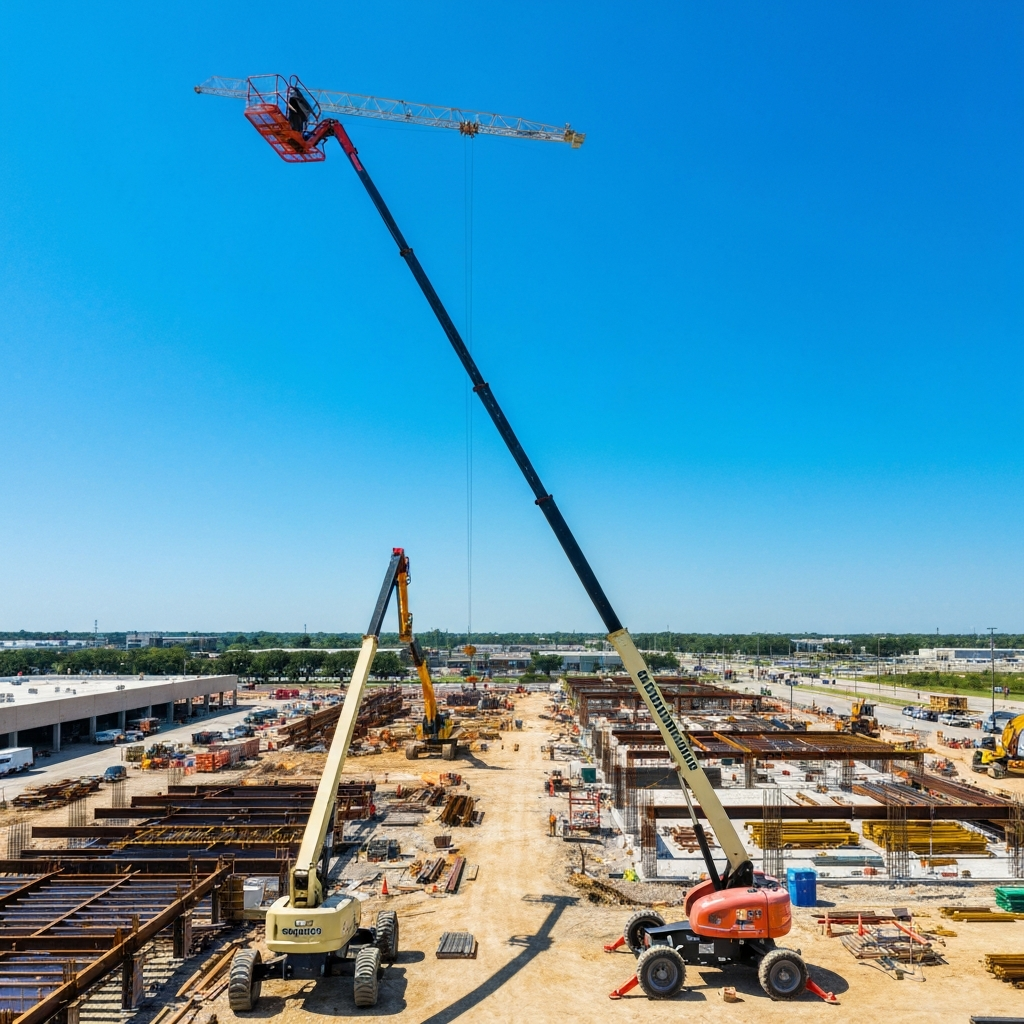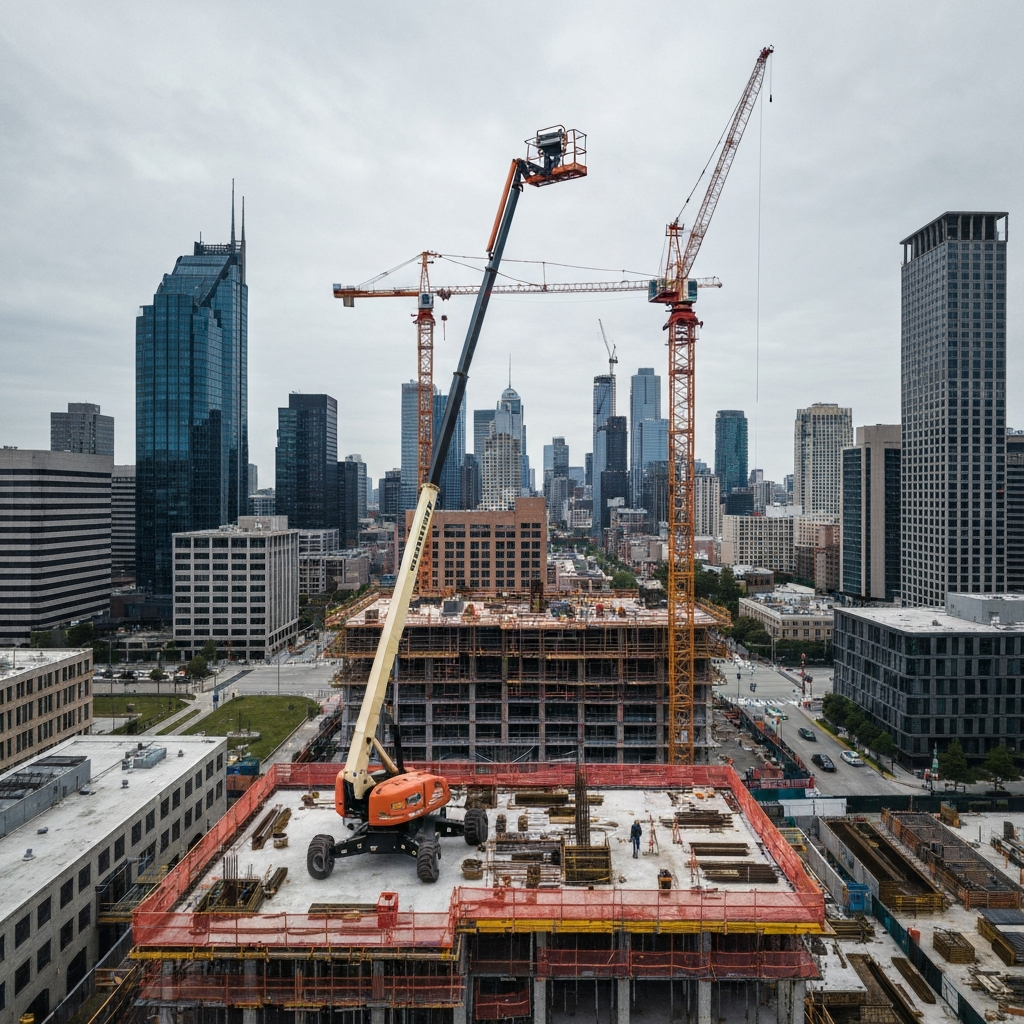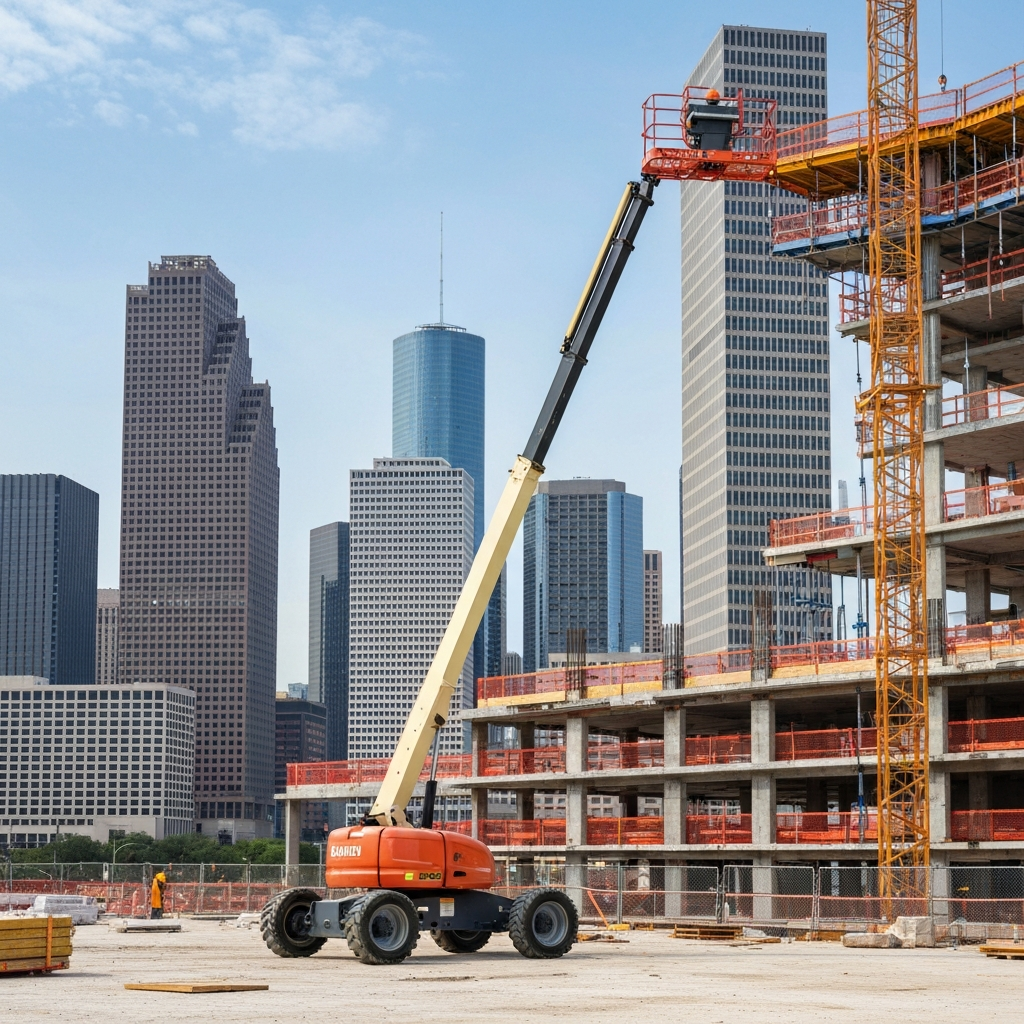Importance of Preventive Maintenance
Preventive maintenance is crucial for ensuring the long-term reliability and performance of your forklift fleet. Regular inspections, lubrication, and proactive repairs can help you avoid costly breakdowns, minimize downtime, and extend the lifespan of your equipment.
By implementing a comprehensive preventive maintenance plan, you can identify and address minor issues before they escalate, maximize operational efficiency, and safeguard your business from unexpected disruptions. This approach not only saves you money in the long run but also enhances your forklift's safety and productivity.
Optimizing Forklift Battery Management
Proper battery maintenance is essential for ensuring the reliable performance and extended lifespan of your forklift's power source. Implementing best practices for battery charging, replacement, and storage can significantly improve your forklift's runtime, reduce the risk of unexpected failures, and minimize the need for costly battery replacements.
By adopting a proactive battery management strategy, you can enhance your forklift's efficiency, reduce maintenance costs, and ensure your operations run smoothly without interruptions due to power-related issues.
Integrating Telemetry and Diagnostics
Leveraging advanced telemetry and diagnostic technologies can provide valuable insights into your forklift's performance, usage patterns, and maintenance needs. By monitoring key data points, such as runtime, load capacity, and fault codes, you can identify potential issues early, optimize maintenance schedules, and make informed decisions to enhance the overall efficiency of your forklift fleet.
Integrating these smart technologies into your forklift management strategy can help you reduce downtime, improve safety, and maximize the return on your equipment investments.
Specialized Maintenance for Harsh Environments
Forklifts operating in harsh environments, such as construction sites, outdoor warehouses, or food processing facilities, face unique challenges that require specialized maintenance approaches. Factors like extreme temperatures, exposure to moisture, and the presence of corrosive materials can accelerate wear and tear on forklift components, necessitating tailored maintenance protocols.
By adopting industry-specific maintenance practices, you can ensure your forklifts remain reliable, safe, and capable of performing their tasks effectively in demanding environments, ultimately enhancing your overall operational efficiency and productivity.
Importance of Preventive Maintenance
Preventive maintenance is crucial for ensuring the long-term reliability and performance of your forklift fleet. Regular inspections, lubrication, and proactive repairs can help you avoid costly breakdowns, minimize downtime, and extend the lifespan of your equipment.
By implementing a comprehensive preventive maintenance plan, you can identify and address minor issues before they escalate, maximize operational efficiency, and safeguard your business from unexpected disruptions. This approach not only saves you money in the long run but also enhances your forklift's safety and productivity.
Optimizing Forklift Battery Management
Proper battery maintenance is essential for ensuring the reliable performance and extended lifespan of your forklift's power source. Implementing best practices for battery charging, replacement, and storage can significantly improve your forklift's runtime, reduce the risk of unexpected failures, and minimize the need for costly battery replacements.
By adopting a proactive battery management strategy, you can enhance your forklift's efficiency, reduce maintenance costs, and ensure your operations run smoothly without interruptions due to power-related issues.
Integrating Telemetry and Diagnostics
Leveraging advanced telemetry and diagnostic technologies can provide valuable insights into your forklift's performance, usage patterns, and maintenance needs. By monitoring key data points, such as runtime, load capacity, and fault codes, you can identify potential issues early, optimize maintenance schedules, and make informed decisions to enhance the overall efficiency of your forklift fleet.
Integrating these smart technologies into your forklift management strategy can help you reduce downtime, improve safety, and maximize the return on your equipment investments.
Specialized Maintenance for Harsh Environments
Forklifts operating in harsh environments, such as construction sites, outdoor warehouses, or food processing facilities, face unique challenges that require specialized maintenance approaches. Factors like extreme temperatures, exposure to moisture, and the presence of corrosive materials can accelerate wear and tear on forklift components, necessitating tailored maintenance protocols.
By adopting industry-specific maintenance practices, you can ensure your forklifts remain reliable, safe, and capable of performing their tasks effectively in demanding environments, ultimately enhancing your overall operational efficiency and productivity.

